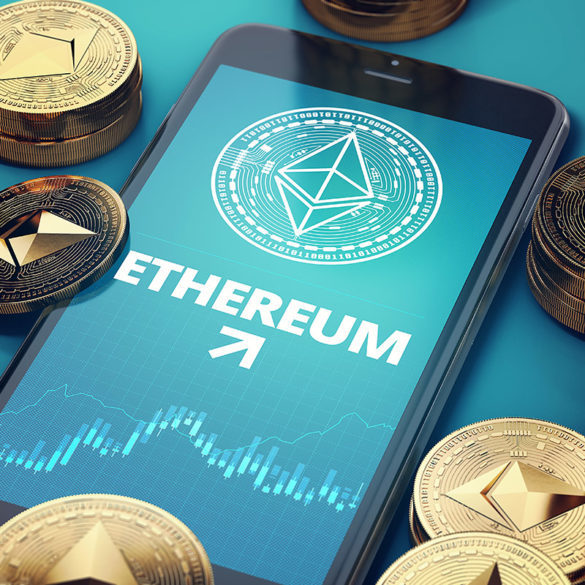QCP’s sentiment towards ether is cautiously optimistic, with concerns about potential corrections and the impact of leverage in the market.
Ether (ETH) prices could see a possible correction, Singapore-based digital assets trading firm QCP Capital said in a series of recent notes published to its Telegram channel.
The trading firm is still cautiously optimistic about the long-term potential of ether.
Although ether has sailed past $4,000, its highest price in two years, QCP writes that it’s observing a shift in market sentiment, marked by negative risk reversals. These reversals measure the difference in implied volatility between call and put options and have turned negative, likely due to the low probability of a spot ether ETF being approved in the near future.
Historically, network upgrades like Bitcoin’s Taproot and the Ethereum merge have had minimal impact on pricing under bearish and sideways market conditions, but with current market dynamics, there could be price reflexivity on Ethereum and its Layer 2s, potentially influenced by the already priced-in Dencun upgrade or a positive knee-jerk reaction, along with possible capital inflows into Layer 2 ecosystems, QCP analysts wrote in a Telegram interview with CoinDesk.
A Polymarket prediction market contract only gives a 31% chance of an ether ETF being approved by May 31.
CoinDesk recently reported that market data shows a rise in demand for ether put options as traders prepare for short-term weakness. This is reflected in the negative skew of one-month and 60-day call-put ratios, while longer-term sentiment remains positive.
QCP also wrote that it is concerned about the amount of leverage currently in the market, but traders will quickly buy back any dips. Excessive leverage in the market is said to have caused the May 2021 crash, where prices fell by 30% over the course of 24 hours, and a 10% correction in bitcoin’s price in January.
Ether has outperformed the CoinDesk 20 (CD20), which tracks the world’s largest and most liquid cryptocurrencies, gaining 54% in the last month versus the CD20’s 50% rise.
